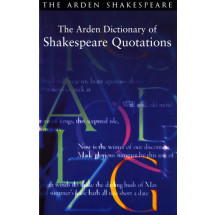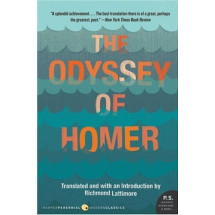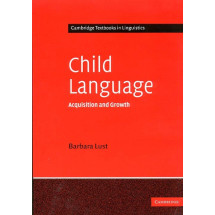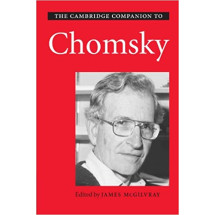Doing Shakespeare demystifies and clarifies the study of Shakespeare, tackling many of the challenges students and audiences face in understanding his drama and language. It confronts the most commonly asked questions: does Shakespeare matter; does he have anything to say to us; if he has, why does he say it like he does? How does Shakespeare do it's nd how are we supposed to 'do' Shakespeare?
This innovative guide is designed to be a versatile companion for anyone engaging with Shakespeare's drama. Part One confronts the difficulty of Shakespeare's language, with chapters on metaphor, repetition, high style, verse and prose, rhyme, and wordplay. Part Two explores the complexity of Shakespeare's characters, looking closely at soliloquies, doubles, disguises, off-stage action, and the role of the audience in constructing character. Opening chapter summaries and set-piece examples of varying complexity draw from the most commonly studied and performed plays. Play and character indexes allow for quick and flexible use of the book.
Doing Shakespeare is ideal for anyone new to Shakespeare, or for anyone who wants Shakespeare to be made new again for them.
Simon Palfrey is Fellow in English, Braesnose College, Oxford University.
--This text refers to an alternate Paperback edition.
Simon Palfrey grew up in Australia and was a Rhodes Scholar at Oxford. He is the author of Late Shakespeare: A New World of Words and, with Tiffany Stern, Shakespeare in Parts. His essay, "Macbeth and Kierkegaard", is published in Shakespeare Survey 57. He is currently a lecturer in English at the University of Liverpool.














